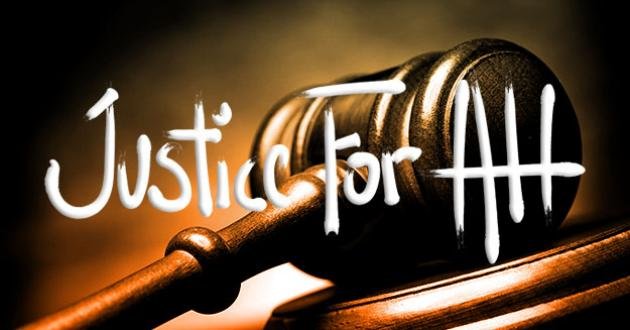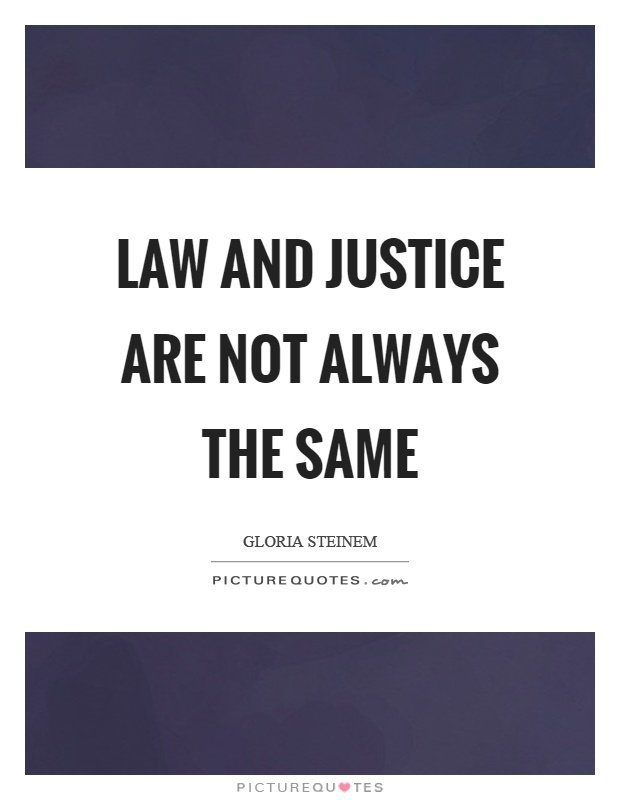Understanding Justice, Remorse and Consciousness of Merit

Image Source
The main appropriate motive for hurting our neighbor, the main induction to do evil to someone else that mankind will oblige is only indignation for evil that the other person has done to us. To aggravate his happiness only in light of the fact that it hinders our own, to take from him what is of real use to him only on the grounds that it might be of more valuable to us, or thusly to act on the natural inclination that each man has for his own particular happiness over that of other individuals, is something that no impartial spectator can oblige.
There's almost certainly that nature provides for each man the essential obligation regarding his own care, and it's fit and right this ought to be thus, on the grounds that each man is better ready to deal with himself than anyone else is.
Man is concerned with two things;
With whatever is promptly associated with himself
With what needs to do with anyone else.
Catching wind of the death of someone with whom we have no specific association will likely give us less concern than would an extremely immaterial fiasco that has befallen ourselves. In any case, despite the fact that the ruin of our neighbor may influence us significantly less than our very own small adversity, we mustn't ruin him keeping in mind the end goal to keep that small mishap or even to keep our own ruin.
In all cases like this we should see ourselves not in the light in which we naturally appear to ourselves but instead in the light in which we naturally appear to others. In spite of the fact that each man's happiness may matter to him more than the happiness of the rest of the world, to each other person it doesn't make a difference any more than anyone else's.
In spite of the fact that the facts may prove that each person, in his own breast, naturally favors himself to all mankind, he won't set out to look mankind in the face and pronounce that he acts as per this rule. He feels that they can never oblige him in this inclination, and that however natural it might be to him it should always seem unreasonable and excessive to them.

Image Source
When he views himself in the light in which he's mindful that others will view him, he sees that to them he's only one of the huge number and not the slightest bit superior to any of the others. On the off chance that he needs to act such that an impartial spectator can may go into the motives of his lead he should now and always humble the self-importance of his self esteem, conveying it down to something that other men can oblige.
They will acknowledge his self esteem sufficiently far to allow him to think about his own happiness more than anyone else's, to think about it increasingly and to work all the more eagerly for its benefit. When they put themselves in his circumstance, they'll promptly oblige him to that degree. In the race for riches, respects, and advancements he may keep running as hard as possible, stressing each nerve and muscle so as to exceed all his rivals.
However, in the event that he should jar or trek any of them, the allowance of the spectators is altogether at an end. They now sympathize with the natural resentment of the person who was carried aside or stumbled, and the offender turns into an object of their contempt and indignation. He knows about this, and feels that those sentiments are prepared to blast out from all sides against him.
The more prominent and more hopeless the evil that is done, the more prominent is the resentment of the sufferer, the sympathetic indignation of the spectator, and the sense of blame in the agent. Death is the best evil that one man can incur on another, and it excites the highest level of resentment in the individuals who are quickly associated with the person who has been executed.
Along these lines, of all the crimes that influence just people, kill is the most abominable in seeing mankind, and in seeing the killer. Being denied of something that we now have is a more prominent evil than being disillusioned in some desire of getting a specific good. That is the reason theft and robbery are more prominent crimes than rupture of contract.

Image Source
The most sacrosanct laws of justice are the laws that monitor our neighbor's life and person, next in line come those that protect his property and belonging, and in conclusion those that watch what are called his personal rights, or what is because of him from the guarantees of others.
On the off chance that someone who damages the more consecrated laws of justice ever ponders the sentiments that mankind must have in regards to him, he needs to feel all the miseries of disgrace, repulsiveness, and alarm. At the point when his enthusiasm is delighted, and he begins to ponder his past lead, he can't go into or sympathize with any of the motives that impacted it.
They now show up as vile to him as they always did to other individuals. By sympathizing with the scorn and loathing that other men must have towards him, he now to some degree detests and severely dislikes himself. The circumstance of the person who has experienced his injustice now draws feel sorry for from him.
He is lamented at its possibility, and second thoughts the despondent impacts of his direct, inclination that they have made him the correct object of mankind's resentment and indignation of mankind, and of the retribution and punishment that naturally spill out of such resentment. His fellow creatures' memory of his crimes close out from their hearts all fellow-feeling with him the sentiments that they do have in regards to him are exactly what he is most anxious of.
Everything appears to be antagonistic, he might want to escape to some unfriendly abandon where he could never need to go up against any human creature, never need to peruse in mankind's face the judgment of his crimes. In any case, isolation is much more frightful than culture. His own contemplations can present him with only what is black, terrible, and unfortunate, the hopeless desire of vast wretchedness and ruin.

Image Source
The repulsiveness of isolation drives him once again into society, and he returns into the nearness of mankind, with a specific end goal to ask for some little security from the those exceptionally judges who he knows have as of now consistently censured him. Such is the nature of the assumption of remorse, appropriately alleged, it is the most repulsive assessment that human beings are able to do.
It is exacerbated out of disgrace from the sense of the mistake of past direct; pain for its impacts; feel sorry for the individuals who have endured it; and, due to the fairly incited resentment of all balanced creatures, the fear and dread of punishment. The opposite conduct naturally rouses the opposite estimation.
Take the instance of a man who has played out a liberal action, not as a pointless impulse but rather from appropriate motives. When he anticipates those whom he has served, he feels himself to be the natural object of their love and gratitude and, by sensitivity for them, of the regard and approval of all mankind.
When he thinks back to the motive from which he acted, viewing it in the light in which the unprejudiced spectator will study it, despite everything he goes into it and, by sensitivity for the approval of this assumed impartial judge, he cheers himself. In both these perspectives, his own lead appears to him each way agreeable.
Its possibility fills his brain with liveliness, quietness, and self-control. He is in friendship and concordance with all mankind, and looks on his fellow-creatures with certainty and kindhearted satisfaction, realizing that he has made himself deserving of their most good regards. The blend of all these sentiments constitute the consciousness of merit.

Image Source

References:
https://en.wikipedia.org/wiki/Justice
https://en.wikipedia.org/wiki/Resentment
https://en.wikipedia.org/wiki/Remorse
very educative, thanks for this post. Is like you prepared it for me. Thank you
Downvoting a post can decrease pending rewards and make it less visible. Common reasons:
Submit
Downvoting a post can decrease pending rewards and make it less visible. Common reasons:
Submit